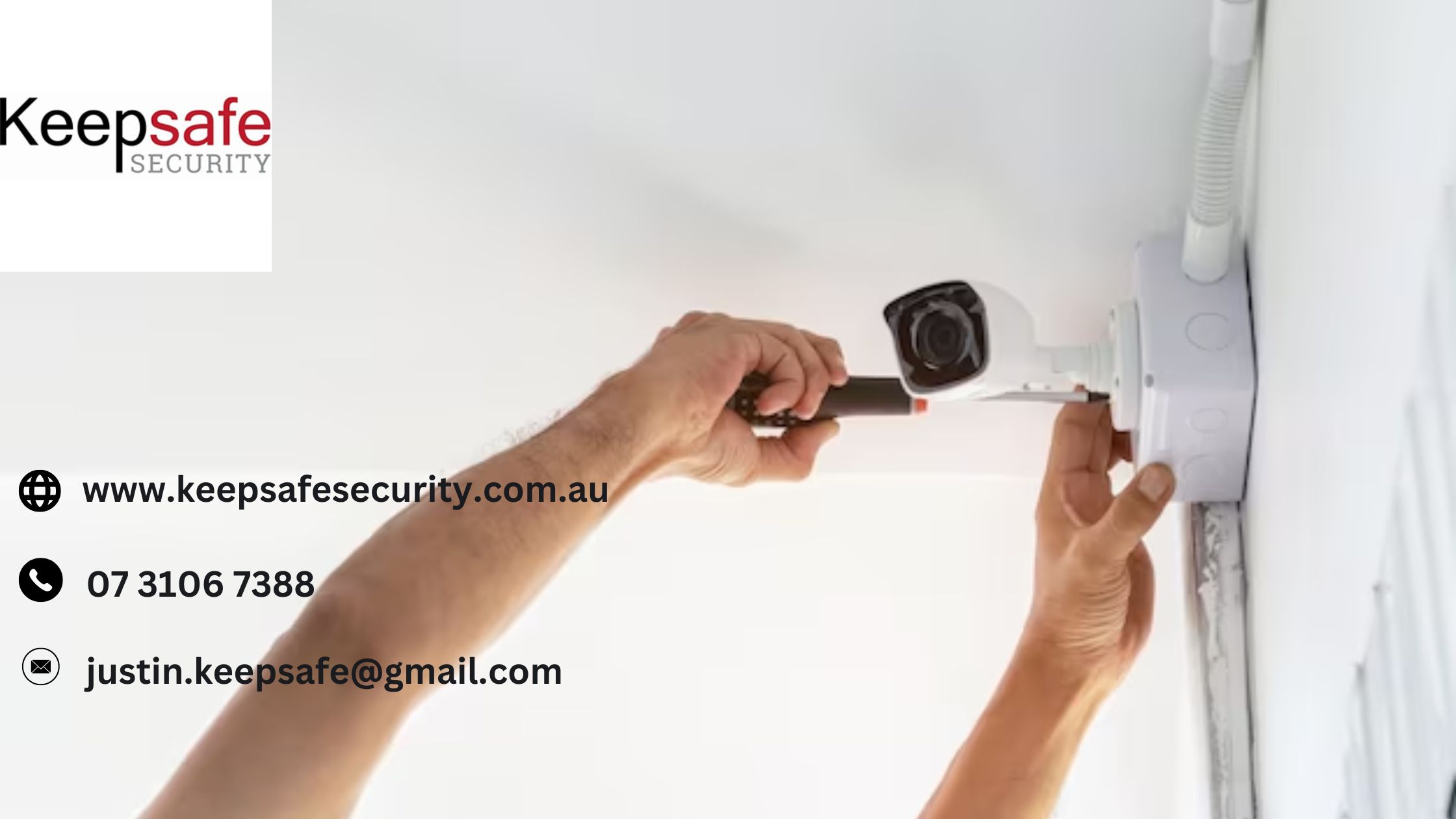The Ultimate Guide to Choosing the Right Alarm System for Your Home
Tagged as: .
Home security is a top priority for many individuals and families. With the rising concern for safety and protection, it's essential to understand the different types of Brisbane alarm systems available and how to choose the right one for your home.
This comprehensive guide aims to provide an in-depth understanding of the factors to consider when selecting an alarm system, ensuring that you make an informed decision to safeguard your home and loved ones.
Chapter 1: Assessing Your Home Security Needs
Before delving into the world of alarm systems, it's crucial to assess your specific home security needs. Start by identifying potential security risks in and around your home.
This could include factors such as the neighbourhood crime rate, visibility of your property, and any previous security incidents. By understanding these risks, you can better determine the level of protection required.
Additionally, consider the size and layout of your property. Larger homes or properties with multiple entry points may require a more comprehensive alarm system. Understanding your family's specific security concerns, such as the need for remote monitoring or pet-friendly sensors, will also play a significant role in shaping your security needs.

Chapter 2: Types of Alarm Systems
Alarm systems come in various types, each with its unique features and benefits. Two primary distinctions to consider are wireless versus wired alarm systems and traditional versus smart alarm systems.
Wireless Brisbane alarm systems offer flexibility and ease of installation, making them ideal for retrofitting existing homes. On the other hand, wired systems are known for their reliability and consistent power supply. Understanding the pros and cons of each type will help you make an informed decision based on your home's requirements.
Smart alarm systems, equipped with advanced technology and connectivity features, have gained popularity in recent years. These systems offer remote access, integration with smart home devices, and advanced customisation options. When considering the right alarm system for your home, evaluating features such as motion sensors, cameras, entry sensors, and control panels is essential to ensure comprehensive security coverage.
Chapter 3: Choosing the Right Provider
Selecting a reputable alarm system provider is as crucial as choosing the right system itself. Researching and comparing different providers will give you insight into their offerings, customer service, and reliability. Look for providers with a proven track record in the industry and a commitment to customer satisfaction.
Understanding contract terms and pricing structures is equally important. Take the time to review the fine print and ensure that you are comfortable with the terms and conditions before making a commitment. Additionally, evaluating customer reviews and testimonials can provide valuable insights into the experiences of other homeowners with the provider, helping you make an informed decision.
Chapter 4: Installation and Maintenance
Once you've chosen an alarm system and provider, the next consideration is the installation and maintenance process. Some homeowners may opt for a DIY installation to save on costs and have more control over the setup. However, professional installation offers the advantage of expertise and ensures that the system is set up correctly.
Understanding the ongoing maintenance requirements and costs associated with your chosen alarm system is crucial for long-term security. Regular maintenance and servicing will help ensure that the system functions optimally and remains reliable. Additionally, ensuring compatibility with other smart home devices, if applicable, is essential for seamless integration and enhanced convenience.
Chapter 5: Maximizing Security Efforts
While an alarm system forms the core of home security, additional measures can further enhance protection. This includes implementing other security measures such as outdoor lighting, secure landscaping, and secure entry points.
Creating a comprehensive home security plan for all scenarios, including emergencies and vacations, will provide peace of mind and a proactive approach to safety.
Conclusion
In conclusion, choosing the right alarm system for your home involves a thorough assessment of your security needs, understanding the types of Brisbane alarm systems available, selecting a reputable provider, and considering installation, maintenance, and additional security measures.
By investing in a reliable home security solution, you can create a safe and secure environment for your family and valuable belongings. Remember, prioritising home security is an investment in peace of mind and protection for the future.
Source By: brisbanealarmsystems.wordpress.com